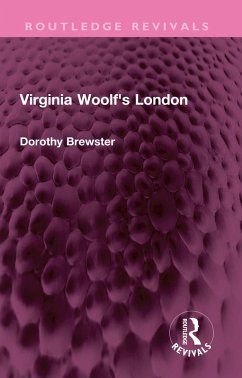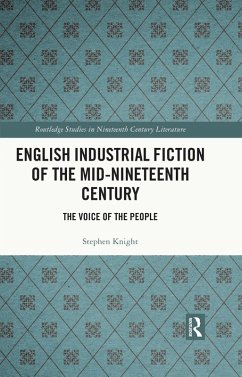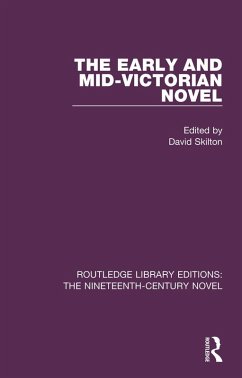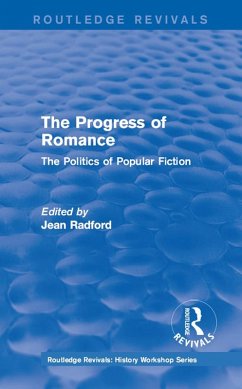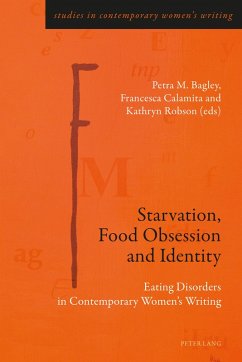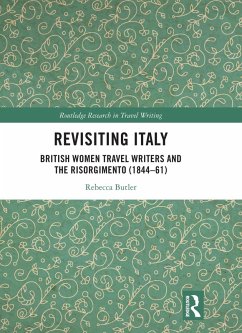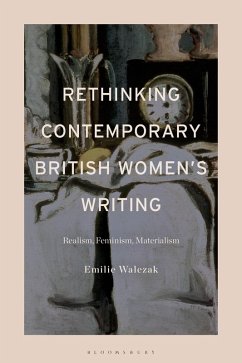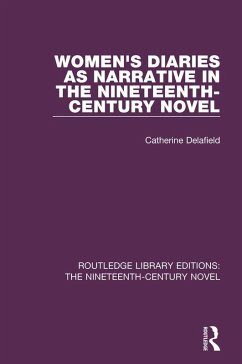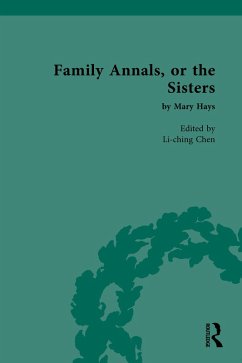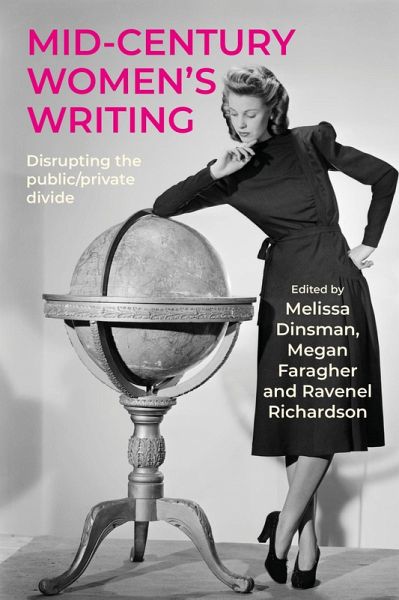
Mid-century women's writing (eBook, ePUB)
Disrupting the public/private divide
Redaktion: Dinsman, Melissa; Richardson, Ravenel; Faragher, Megan
Versandkostenfrei!
Sofort per Download lieferbar
85,95 €
inkl. MwSt.
Weitere Ausgaben:

PAYBACK Punkte
43 °P sammeln!
The traditional narrative of the mid-century (1930s-60s) is that of a wave of expansion and constriction, with the swelling of economic and political freedoms for women in the 1930s, the cresting of women in the public sphere during the Second World War, and the resulting break as employment and political opportunities for women dwindled in the 1950s when men returned home from the front. But as the burgeoning field of interwar and mid-century women's writing has demonstrated, this narrative is in desperate need of re-examination. Mid-century women's writing: Disrupting the public/private divi...
The traditional narrative of the mid-century (1930s-60s) is that of a wave of expansion and constriction, with the swelling of economic and political freedoms for women in the 1930s, the cresting of women in the public sphere during the Second World War, and the resulting break as employment and political opportunities for women dwindled in the 1950s when men returned home from the front. But as the burgeoning field of interwar and mid-century women's writing has demonstrated, this narrative is in desperate need of re-examination. Mid-century women's writing: Disrupting the public/private divide aims to revivify studies of female writers, journalists, broadcasters, and public intellectuals living or working in Britain, or under British rule, during the mid-century while also complicating extant narratives about the divisions between domesticity and politics.
Dieser Download kann aus rechtlichen Gründen nur mit Rechnungsadresse in A, D ausgeliefert werden.




